9 Real-World Cloud Computing Applications for Businesses in 2025
In today’s fast-evolving digital landscape, cloud computing applications have become essential for modern businesses. From startups to global enterprises, organizations across every industry are using the cloud to streamline operations, boost productivity, and accelerate innovation.
In 2025, these applications are more powerful and accessible than ever – powering everything from data storage and AI to remote collaboration and real-time analytics. Whether you’re in healthcare, finance, retail, or education, the cloud is transforming the way we work and deliver value.
In this blog, we’ll explore real-world cloud computing applications, industry-specific use cases, future trends, and how your business can fully leverage the cloud advantage.
Table of Contents
- Cloud Computing across Different Industries
- 9 Real-World Cloud Computing Applications
- Cloud Computing as a Career
- Future Trends in Cloud Computing Applications
- Leverage Cloud Solutions with Kaopiz
- Conclusion
- FAQs
Cloud Computing across Different Industries
Cloud computing has become a cornerstone of digital transformation across nearly every industry. It is a key in delivering scalable, flexible, and cost-effective IT resources, helping organizations adapt to evolving business needs.

Here’s how different sectors are leveraging the benefits of cloud computing to improve performance and drive innovation:
- Healthcare: Securely manage electronic health records, enable telemedicine, and support data compliance.
- Education: Power online learning platforms, virtual classrooms, and centralized student information systems.
- Finance & Banking: Enhance real-time analytics and automated processes and improve fraud detection.
- Retail & E-commerce: Personalize customer experiences, manage inventory at scale, and ensure seamless transactions.
- Media & Entertainment: Deliver high-quality streaming content, accelerate production workflows, and optimize global delivery.
- Manufacturing & Logistics: Enable smart factory operations, supply chain visibility, and predictive maintenance.
Also, cloud computing is helping businesses across sectors unlock new growth opportunities. It enables faster innovation and more agile operations to optimize performance and stay competitive in a digital-first economy.
Next, we’ll explore the real-world cloud computing applications list that power these industry transformations.
9 Real-World Cloud Computing Applications
Now that we’ve explored why cloud technology is important and how it is transforming various industries, what are the applications of cloud computing? Let’s take a closer look at the core cloud computing business applications. These real-world use cases highlight how businesses are leveraging the cloud to streamline operations, enhance customer experiences, and drive innovation.
Data Storage & Backup
It provides flexible storage solutions, allowing businesses to store and manage large volumes of data without expensive on-premises infrastructure. As data generation continues to grow, cloud storage offers an efficient way to access and organize files anytime, from anywhere.

In addition to storage, cloud platforms offer built-in backup and recovery capabilities. These features automate the backup process and make it easier to recover lost or corrupted data, reducing the risk of downtime and ensuring business continuity.
Compared to traditional backup methods, cloud-based solutions are more reliable, secure, and cost-effective.
Cloud Security & Compliance
Security and compliance are top priorities for businesses moving to the clouds. Cloud service providers invest heavily in advanced security measures, such as data encryption, firewalls, identity and access management (IAM), and continuous monitoring, to protect sensitive information from cyber threats.
Moreover, many cloud platforms support compliance with global standards and regulations like GDPR, HIPAA, ISO 27001, and SOC 2. This makes it easier for organizations to meet industry-specific security requirements while maintaining customer trust.
By leveraging cloud-based security and compliance tools, businesses can confidently operate in a secure and regulated environment without the burden of managing everything in-house.
Big Data & Analytics
As the volume of data generated by businesses continues to grow, traditional storage and processing systems can no longer keep up. Cloud computing solves this challenge by providing scalable infrastructure for storing vast amounts of big data without the limitations of physical hardware.

More importantly, cloud platforms offer powerful analytics tools that help organizations process and analyze raw data in real-time. With services like data lakes, machine learning models, and business intelligence dashboards, companies can extract valuable insights, identify trends, and make data-driven decisions faster and more efficiently.
Cloud-based big data solutions empower businesses to turn massive datasets into actionable intelligence, without the need for complex systems.
Testing and Development
Setting up environments for software development and testing traditionally requires significant investment in hardware, software, and maintenance. Application development in cloud computing simplifies this process by offering on-demand access to scalable infrastructure and tools, reducing both cost and setup time.
Developers can quickly create, test, and deploy applications using cloud-based platforms without worrying about physical servers or configuration. Cloud services also support continuous integration and continuous delivery (CI/CD), allowing teams to streamline workflows, improve collaboration, and accelerate product release cycles.
For modern development teams, the cloud provides a flexible and efficient foundation for building high-quality software.
Cloud-based AI & Machine Learning
AI and Machine Learning (ML) require massive computing power, large datasets, and complex algorithms – resources that are often costly and difficult to manage in-house. Cloud computing makes AI and ML more accessible by offering scalable infrastructure, pre-built models, and development tools on demand.
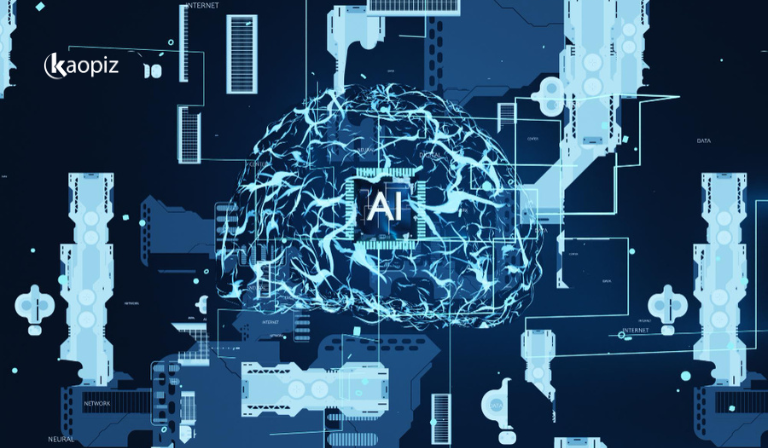
With cloud-based AI/ML platforms, businesses can train models faster, deploy intelligent applications more efficiently, and integrate advanced capabilities like natural language processing, computer vision, and predictive analytics into their products.
This empowers organizations to make smarter decisions, automate processes, and deliver more personalized user experiences – without needing a specialized in-house data science team.
E-commerce Application
Cloud application platform has transformed the way e-commerce businesses operate by offering a faster, more scalable, and cost-effective approach to building and managing online stores. With cloud-based systems, businesses can respond quickly to market opportunities, scale operations during peak demand, and launch new features with minimal upfront investment.
Customer data, product catalogs, inventory, and payment systems are all managed in secure cloud environments, enabling seamless integration and real-time updates.
Cloud-based e-commerce also supports personalization, performance optimization, and global reach, helping businesses stay agile and competitive in a fast-moving digital marketplace.
Education Application
Cloud computing is revolutionizing the education sector by enabling flexible, accessible, and cost-effective learning environments. With the rise of e-learning platforms, online distance education, and virtual classrooms, students and teachers can now connect and collaborate from anywhere in the world.

Cloud-based platforms allow educational institutions to host student information portals, manage course content, and provide each user with secure, personalized access to resources. These platforms also help students monitor academic progress and engage in interactive learning, enhancing the overall educational experience.
Therefore, schools and universities reduce the cost of maintaining physical infrastructure while supporting modern, scalable learning methods. Examples of popular cloud computing applications in education include Canvas, Coursera, Blackboard, and Google Classroom.
Entertainment Applications
Cloud computing plays a major role in the fast-evolving entertainment industry. From streaming services and online gaming to video conferencing and live broadcasting, cloud platforms support seamless content distribution at scale, anytime, anywhere.
Entertainment companies are increasingly adopting multi-cloud strategies to reach global audiences, optimize performance. This flexibility allows content to be delivered across TVs, smartphones, tablets, and even set-top boxes without compromising quality.
This new wave of On-Demand Entertainment (ODE) is powered by the cloud’s ability to handle massive data, dynamic workloads, and real-time user interactions. As the market continues to grow, cloud computing is also enabling innovations in social apps, digital art, event management, and more.
Cloud Computing in Medical Fields
With cloud computing, medical professionals can securely access patient data in real time, no matter where they are. Hospitals, clinics, and labs can store and manage electronic health records (EHRs), imaging files, and treatment plans in the cloud. Therefore, it eliminates the need for costly physical infrastructure.

This technology allows medical professionals to easily share and access patient data across departments and locations. Whether it’s a doctor on an emergency house call or a remote lab facility, cloud systems ensure that critical information is available instantly and securely.
Cloud computing enhances operational efficiency and patient outcomes in the medical field by streamlining data access and supporting telehealth services.
Cloud Computing as a Career
It is one of the fastest-growing fields in tech, driven by the global shift to digital infrastructure. It offers high job demand, competitive salaries, remote work flexibility, and opportunities across multiple industries. As businesses continue migrating to the cloud, skilled professionals are essential to build, manage, and secure these systems.
Top Cloud Computing Careers
- Cloud Architect: Designs and manages cloud infrastructure and strategy
- Cloud Engineer: Builds and maintains cloud environments
- DevOps Engineer: Automates development and deployment workflows
- Cloud Security Specialist: Secures cloud data and systems
- Cloud Consultant: Advises businesses on cloud migration and optimization
- Data Engineer / Analyst: Handles cloud-based data pipelines and insights
- AI/ML Engineer: Builds intelligent solutions on cloud platforms
Future Trends in Cloud Computing Applications
As technology continues to evolve, cloud computing is becoming more intelligent, efficient, and integrated across industries.

Here are some key cloud computing trends shaping the future:
- Edge Computing Integration: By processing data closer to the source, edge computing, combined with the cloud, enables faster response times for applications like IoT and real-time analytics.
- Multi-Cloud and Hybrid Cloud Adoption: Businesses are increasingly using a mix of cloud providers to improve flexibility, avoid vendor lock-in, and enhance performance across regions.
- Serverless Computing: Serverless architecture is gaining popularity by allowing developers to focus on code without managing infrastructure, reducing costs, and accelerating deployment.
- AI-Powered Cloud Services: Cloud platforms embed AI and machine learning tools to automate tasks, enhance decision-making, and deliver more personalized user experiences.
- Sustainable Cloud Solutions: Cloud providers are optimizing energy efficiency and investing in renewable-powered data centers to support eco-friendly computing.
Cloud computing isn’t just about storing data anymore. It’s about building agile, intelligent, and adaptive systems that power the future of innovation.
Leverage Cloud Solutions with Kaopiz
At Kaopiz, we deliver end-to-end cloud services that empower businesses to scale faster, reduce costs, and drive innovation. Whether you’re moving to the clouds for the first time or optimizing your existing infrastructure, our team of cloud experts is here to support your journey with secure, scalable, and performance-driven solutions.
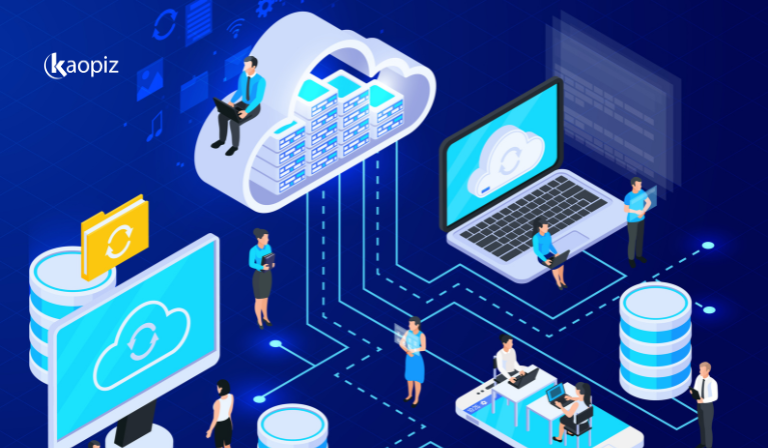
Here’s what we bring to the (cloud) table:
- Cloud Implementation: Build high-performing, scalable applications optimized for cloud environments using microservices, containerization, and serverless architectures.
- Cloud Migration: Seamlessly migrate your workloads and applications to leading platforms like AWS, Azure, and Google Cloud—with minimal downtime and maximum performance.
- Cloud Managed Services: Monitor, maintain, and optimize your cloud resources for cost-efficiency and reliability, while implementing robust security to protect your data.
- Cloud DevOps Services: Accelerate development with modern DevOps practices, including CI/CD pipelines and AI/ML integration, to deliver agile and intelligent cloud solutions.
As an AWS Advanced Tier Services Partner, Kaopiz combines deep technical expertise with hands-on industry experience to help you harness the full power of the cloud.
Conclusion
Cloud computing is no longer just a tech trend – it’s the foundation of modern business transformation. From scalable data storage and advanced analytics to AI integration and seamless remote collaboration, cloud applications are powering innovation across every industry.
As we’ve explored, the real-world use cases of cloud computing in 2025 are vast and growing. Whether you’re in healthcare, education, finance, or retail, leveraging the cloud allows you to operate more efficiently, adapt faster to change, and deliver better experiences to your users.
Ready to take your business to the clouds? Reach out to Kaopiz to explore how our cloud solutions can help your business scale, innovate, and thrive in the digital future.
FAQs
What are the Three Types of Cloud Computing with Examples?
The three main types are:
- Infrastructure as a Service (IaaS) – Provides virtualized computing resources over the internet.
Example: Amazon Web Services (AWS), Microsoft Azure.
- Platform as a Service (PaaS) – Offers a platform for developers to build, test, and deploy applications.
Example: Google App Engine, Heroku.
- Software as a Service (SaaS) – Delivers software applications over the web.
Example: Google Workspace, Salesforce.
Does Cloud Computing Require Coding?
Not always. Many cloud services offer no-code or low-code platforms for non-developers. However, for tasks like building applications, automation, DevOps, or working with cloud APIs, coding knowledge (e.g., Python, JavaScript, or Bash) can be very useful.
How Do I Migrate My Existing Software to the Cloud?
Migrating software involves assessing your current systems, choosing the right cloud provider, and developing a migration strategy. This may include rehosting, refactoring, or rebuilding applications to suit the cloud environment. Working with an experienced cloud partner like Kaopiz ensures a smooth, secure, and cost-effective migration with minimal downtime.
Trending Post
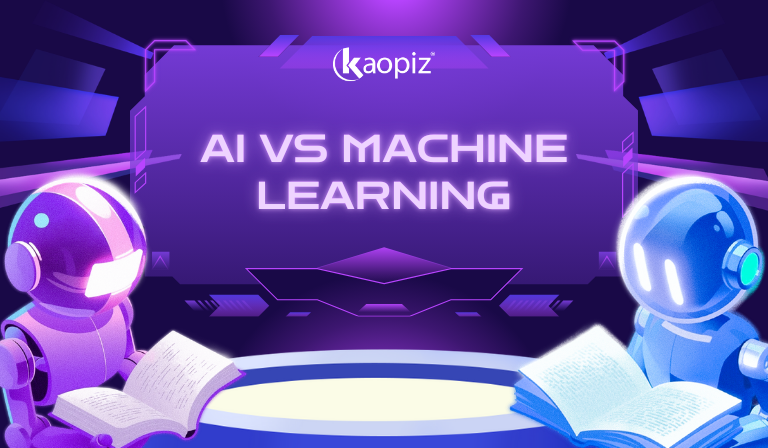
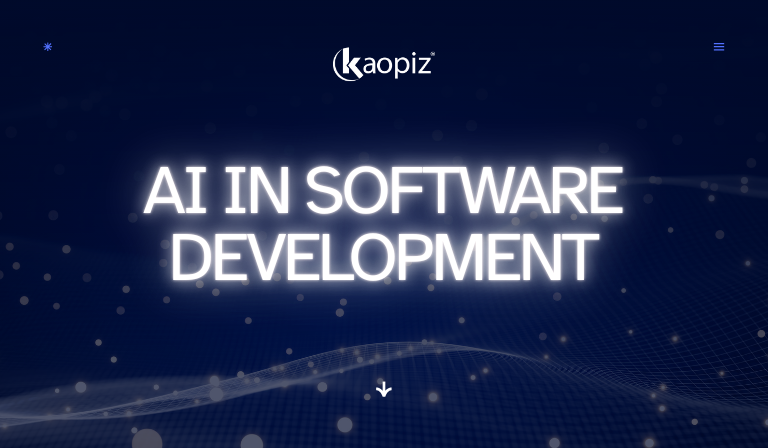
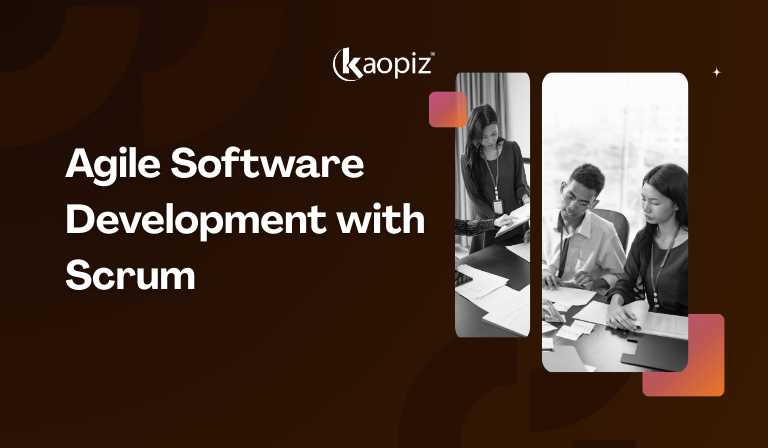


















No Comments yet!